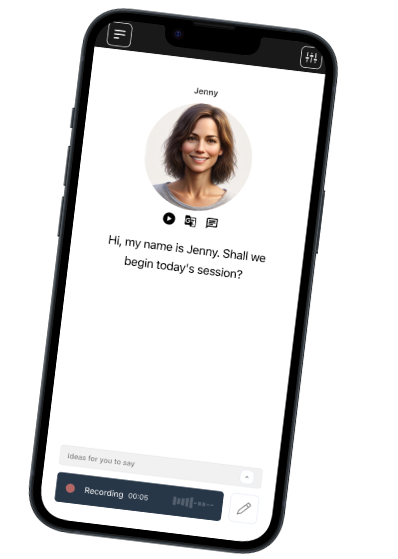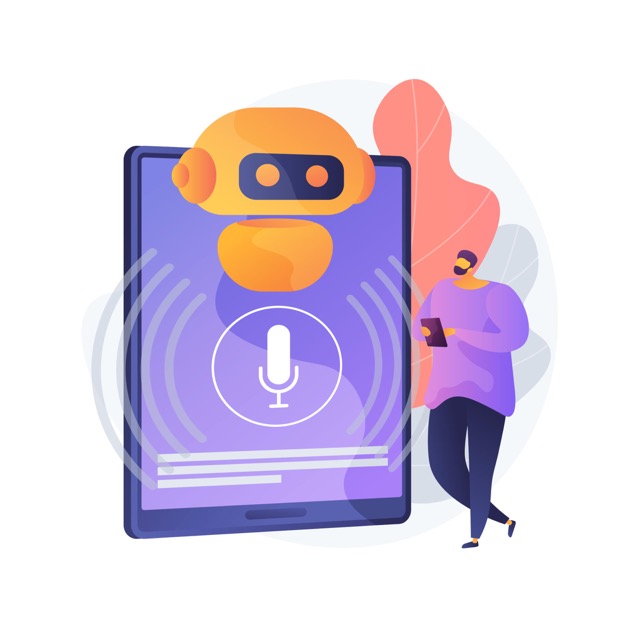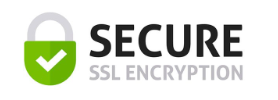Founded in Denmark. We respect your privacy.
Join a worldwide community of language learners
How Long Does It REALLY Take to Learn a New Language? The Timeline Myths Busted
Last updated on
How long does it take to learn a new language? If you’ve ever started learning Spanish, French, Japanese—or any language, really—you’ve probably heard estimates ranging from “just three months for basic fluency!” to “it will take you years!” The truth behind these claims is more complex, and the real answer depends on much more than most textbooks (or courses) admit.
In this post, we’ll look beyond the surface-level promises, dig into what language acquisition really involves, and highlight the surprising factors that change how quickly you progress. Before the end, we’ll share a discovery about speed and progress that might reshape your expectations entirely.
Setting Expectations vs. Handling Reality
For years, popular resources—such as the Foreign Service Institute (FSI) charts or app-based ads—have put average learning times into neat little boxes. For example, “Romance languages take 600 hours,” or “Mandarin requires 2,200 hours.” But these numbers are averages based primarily on classroom-based, intensive learning schedules—a world away from most people’s weekly practice.
Depending on your goals (conversational fluency, professional proficiency, or native-like mastery), your timeline will change dramatically. Aiming for basic travel phrases can take weeks. Holding a business meeting? That might take months or more. Reading literature or delivering speeches? Think in terms of years.
The Real Timeline Factors
Here are some of the real-world elements that speed up or slow down your progress:
- Your native language: If your target language is similar, it’s usually faster (English to German vs. English to Japanese).
- Language family: Shared vocabulary, pronunciation, and grammar features can slash learning time.
- Previous languages: The more you’ve learned, the quicker you adapt to new ones—so multilingual learners have an advantage.
- Learning methods: Immersive, interactive routines (like real-time speaking practice) help you internalize new skills, while passive study often leads to plateauing.
- Consistency: 30 minutes daily beats 3 hours crammed on Sundays.
- Motivation and use-case: The more personally relevant and urgent, the more you’ll stick with it—think travel, employment, or relationships.
Why “Months vs. Years” Debates Miss the Point
It’s tempting to get hung up on “how many weeks or years” it will take. But language is not a checklist—it’s a skill continuum. Many learners find themselves conversationally functional in a few months but continue refining for years. Setbacks, plateaus, sudden leaps, and “aha!” moments are part of every timeline.
Instant feedback and active conversation are proven ways to accelerate spoken abilities. That’s why platforms like Talkio focus on real-time, AI-powered voice interactions. By simulating natural conversations and providing immediate feedback, learners progress faster than with isolated drills or grammar notes alone.
The Reveal: What Actually Determines Your Language Learning Timeline?
Here’s what most sources don’t tell you: Your progress is less about the clock and more about the habits you build. Progress accelerates with regular, meaningful speaking practice—especially the kind that forces you out of your comfort zone. The “secret” is not about cramming hours or buying miracle methods; it’s about consistently using the language, pushing through awkward moments, and seeking out ways to speak, listen, and interact as much as possible. The most successful learners are not the fastest or smartest, but the most persistent and proactive.
Talk Your Way
to Fluency

Talkio is the ultimate language training app that uses AI technology to help you improve your oral language skills!
Try Talkio


